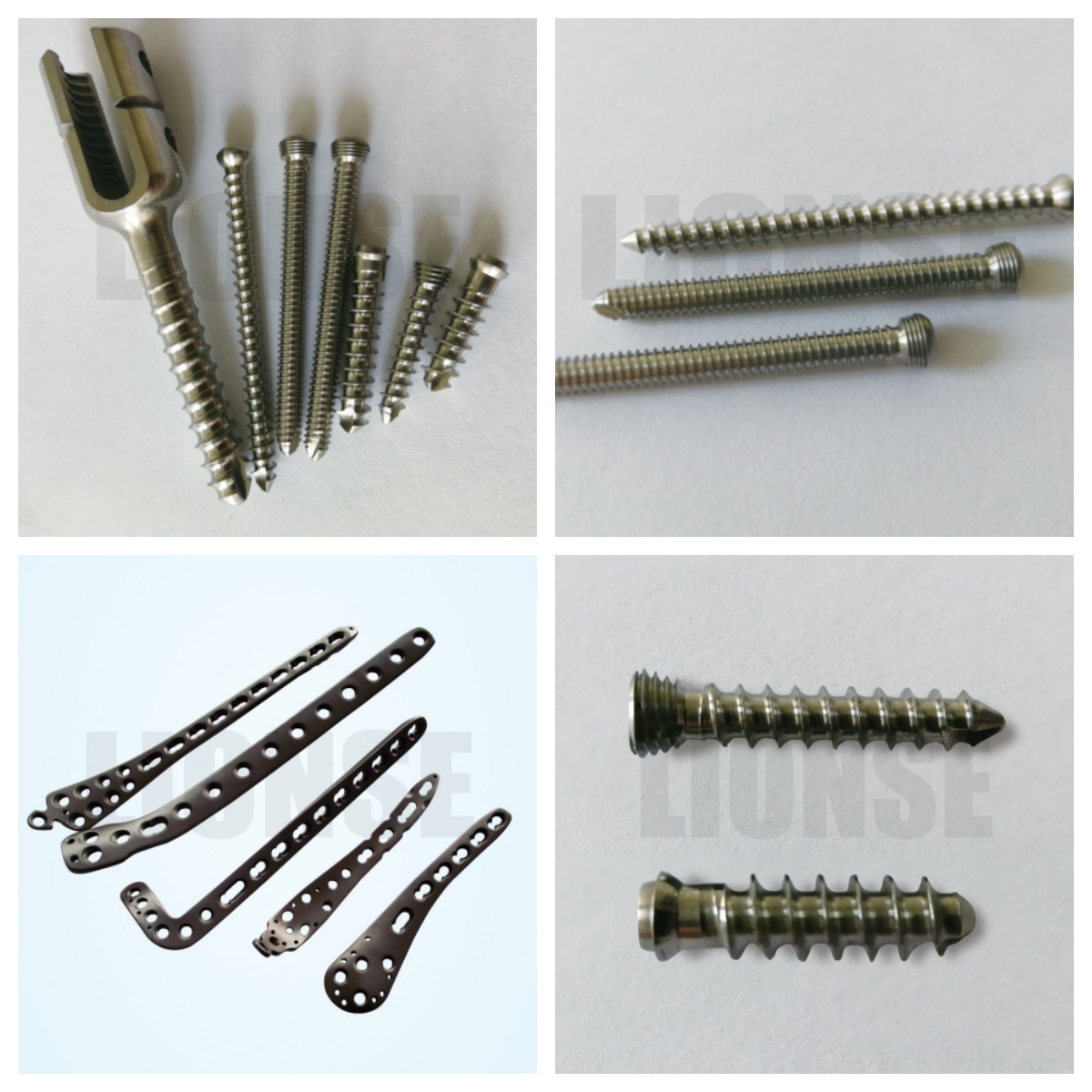

Titanium alloy is such a great material for medical implants because it plays so nicely with our bodies. The stable oxide film (like the TiO₂ passivation film) that forms on its surface blocks metal ions from leaking out, which cuts down a lot on inflammation and the risk of the body rejecting it. Plus, it’s non-toxic and non-magnetic—no weird side effects, and it doesn’t mess with MRI scans, so doctors can check how things are healing after surgery super accurately.
When it comes to how strong and light it is, titanium alloy hits the sweet spot: it’s strong but light (only 57% as heavy as stainless steel). That means it can hold things up reliably without weighing the body down. Its elastic modulus is almost the same as human bones, so it reduces the “stress shielding effect”—no more bone loss from the implant being stiffer than the bone itself. That helps bones grow and heal naturally. And in the body’s fluid (which has chloride ions), it doesn’t rust easily. The oxide film stays stable, so the implant lasts way longer. All this makes it the go-to in the medical world.
It’s used everywhere in clinics and is totally safe:
Dental: Dental implants, porcelain Bridges, etc., are ideal for biocompatibility and excellent mechanical properties.
Cardiovascular: artificial heart valve, such as blood filter depend on its corrosion resistance and non-magnetic.
Surgical instruments: scalpel, hemostatic forceps, etc., improve operation flexibility due to light weight and disinfection resistance.
